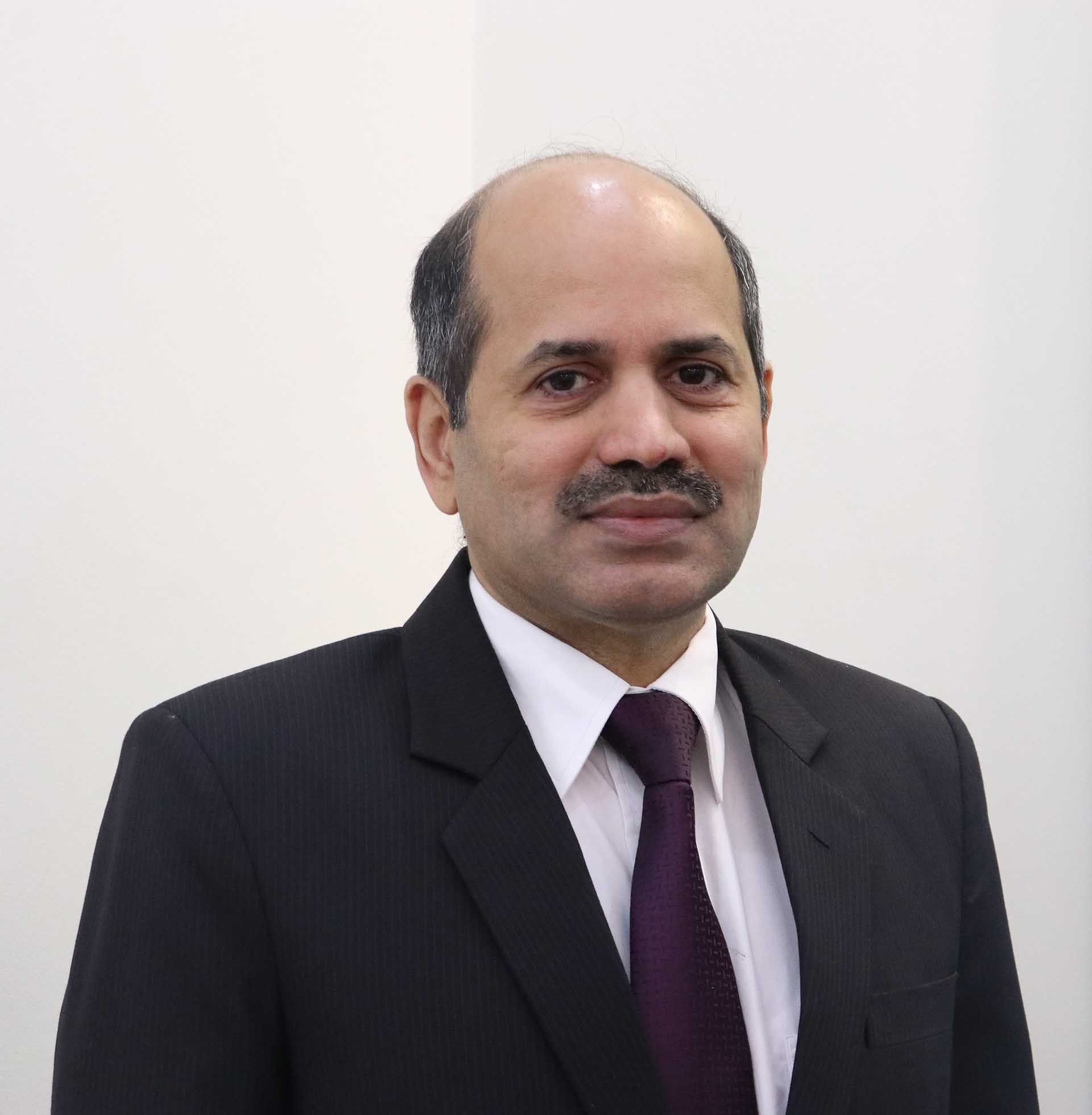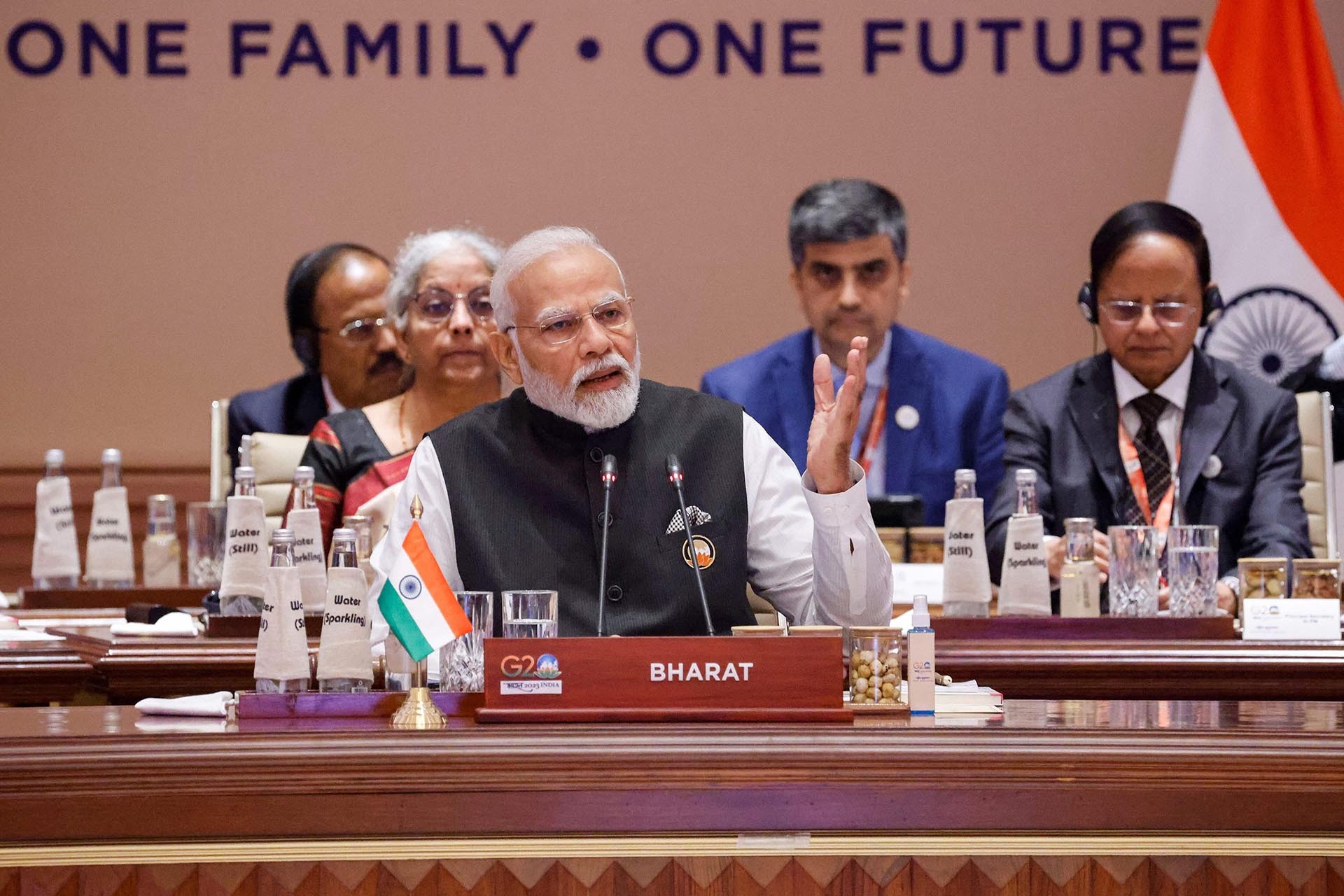
G20 Summit: One Earth, One Family, One Future
Latest
 |
| Ambassador of India to Vietnam Sandeep Arya. |
G20 New Delhi Leaders’ Declaration represents the consensus of the G20 Summit held in New Delhi, India on 9-10 September 2023. The unanimous adoption of a far-reaching and action-oriented declaration encapsulating comprehensive decisions and policies on international economic issues amid a complex global environment has been hailed as a resounding success of an inclusive and collaborative effort under the Indian Presidency of G20. These outcomes affect the world as a whole, including the emerging economies of India and Viet Nam.
Strong, sustainable, balanced and inclusive economic growth envisaged by G20 with calibrated macroeconomic policies, cooperation and coherence among countries and central banks on monetary and fiscal stances will promote growth, reduce inequalities and maintain financial stability. On trade, the G20 declaration emphasizes level-playing field, fair competition and discourages market distorting practices, supports fully functioning WTO dispute settlement system by 2024, high-level principles on digitalization of trade documents, framework to build resilience through mapping global value chains, calls for action for enhancing access of micro, small and medium enterprises to information for their integration into international trade.
Increased development financing is imperative for emerging and developing economies for which the G20 Summit supported better, bigger and more effective multilateral development banks and substantially increasing their financing capacity. Endorsing G20 Roadmap for implementing capital adequacy framework for multilateral development banks, it noted that they could generate additional lending of USD 200 billion over the next decade. G20 Summit welcomed World Bank’s progress on its evolution roadmap that will see further progress during G20 High-Level Seminar next month on strengthening financial capacity of multilateral development banks. Apart from supporting domestic resource mobilization efforts, innovative financing by leveraging private capital, G20’s endorsement of principles for financing cities of tomorrow will encourage financial institutions to support these efforts. The Summit also supported voluntary contribution ambition of USD 100 billion, pledges of grant of USD 2.6 billion and progress under the resilience & sustainability trust and poverty reduction & growth trust as well as quota and governance reforms of the IMF.
Recognizing global progress being off-track on 2030 sustainable development goals, G20 Summit endorsed the Action Plan and High-Level Principles to accelerate progress on sustainable development goals. Affordable, adequate and accessible financing for development in developing countries attracted considerable attention at the Summit which will continue as part of discussions on multilateral banks, voluntary contributions and trust funds. It highlighted the role of tourism and culture for sustainable socio-economic development. It recognized the role of quality education, health financing, adopted Deccan High-Level Principles on food security and nutrition as well as need for replenishment of resources for the International Fund for Agricultural Development. G20 supported effective debt treatment in respect of individual countries (Zambia, Ghana, Ethiopia, Sri Lanka) and encouraged the Global Sovereign Debt Roundtable co-chaired by India.
 |
| Indian Prime Minister Narendra Modi speaks at the G20 Summit 2023 in New Delhi. (Photo: AFP) |
Climate finance was considered by the G20 Summit in detail and it is expected that the USD 100 billion climate financing by developed countries is expected to be met for the first time in 2023. The quantification of climate financing needs of USD 5.8–5.9 trillion for developing countries by 2030 apart from USD 4 trillion per year for clean energy technology will spur funding efforts through multilateral banks, funds and blended finance. Affirmation by G20 Summit of concrete goals for restoring 30% of all degraded ecosystems, reversing biodiversity loss by 2030, ending plastic pollution while welcoming negotiating a legally binding instrument towards it, and endorsement of Chennai high-level principles for a sustainable and resilient blue (ocean-based) economy will address pressing environmental issues. The Summit extended support for tripling renewable energy capacity globally, the G20 High Level Voluntary Principles on Hydrogen, the setting up of a Global Biofuels Alliance, Action Plans for promoting renewable energy, on doubling the rate of energy efficiency as well as accelerating phasedown of unabated coal power.
Digital economy and use of technology for digital public infrastructure for financial inclusion saw the Summit’s endorsement of G20 framework for development, deployment and governance of digital public infrastructure, high-level principles to support businesses in building resilience, security and trust in digital economy, harnessing data for development, India’s plan to build a global digital public infrastructure repository, progress on developing a coordinated policy and regulatory framework for crypto-assets.
Challenges in terms of global skill gaps, disaster risk, international taxation, corruption, terrorism and cyber security saw progress at the G20 Summit through initiatives such as mapping of skill gaps globally, development of an international reference classification of occupations, endorsement of high-level principles on information sharing and international cooperation for law enforcement for combating corruption, asset recovery mechanisms relating to corruption, institutionalization of a new Working Group on disaster risk reduction, swift implementation of two-pillar international tax package and holistic approach to effectively counter terrorism.
Inclusiveness and adequate representation of Global South was an important priority of India’s G20 Presidency, which was reflected in the hosting of a Voice of the Global South Summit in January 2023 by the Indian Prime Minister to generate their ideas and priorities. President of Viet Nam addressed this Global South Summit and in June 2023, Viet Nam’s Minister of Agriculture & Rural Development participated in the G20 Agriculture Ministers’ Meeting as special invitee of Indian Presidency. The admission of African Union as a permanent member of the G20 at New Delhi Summit will make G20 more representative and inclusive. The G20 troika of Indian Presidency together with Indonesia as the last President and Brazil as the next G20 President worked effectively to place the voice of the Global South in G20 deliberations.
A successful Summit of premier global forum for international economic cooperation delivered the G20 New Delhi Leaders’ Declaration while managing geopolitical and security issues by deft diplomacy. We need to preserve and nurture the spirit of one earth, one family to share one future that was reinforced by the recently concluded G20 Summit under India’s Presidency.













